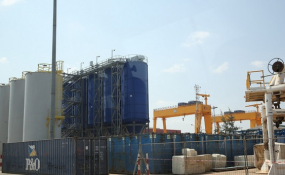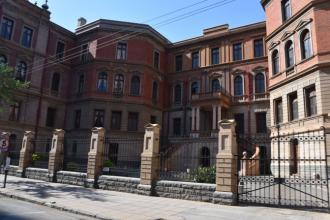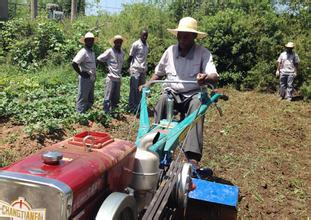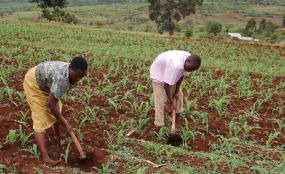Luanda — The Angolan Oil Company (Sonangol) has categorically denied as untrue news published by a certain weekly, according to which it owes Usd 1.2 billion to Banco Millennium Atlântico (BMA) in syndicated loans.
In a press release that reached Angop on Monday in Luanda , the company admits that through its Sonangol Holdings, it owes BMA about Usd 5.0 million which repayment is expected for July 31, 2017.
Sonangol reiterates that the company is committed to a transparent and institutional cooperation, rigour and competence to build a stronger company and better contribute to the economic and social development of the country.










